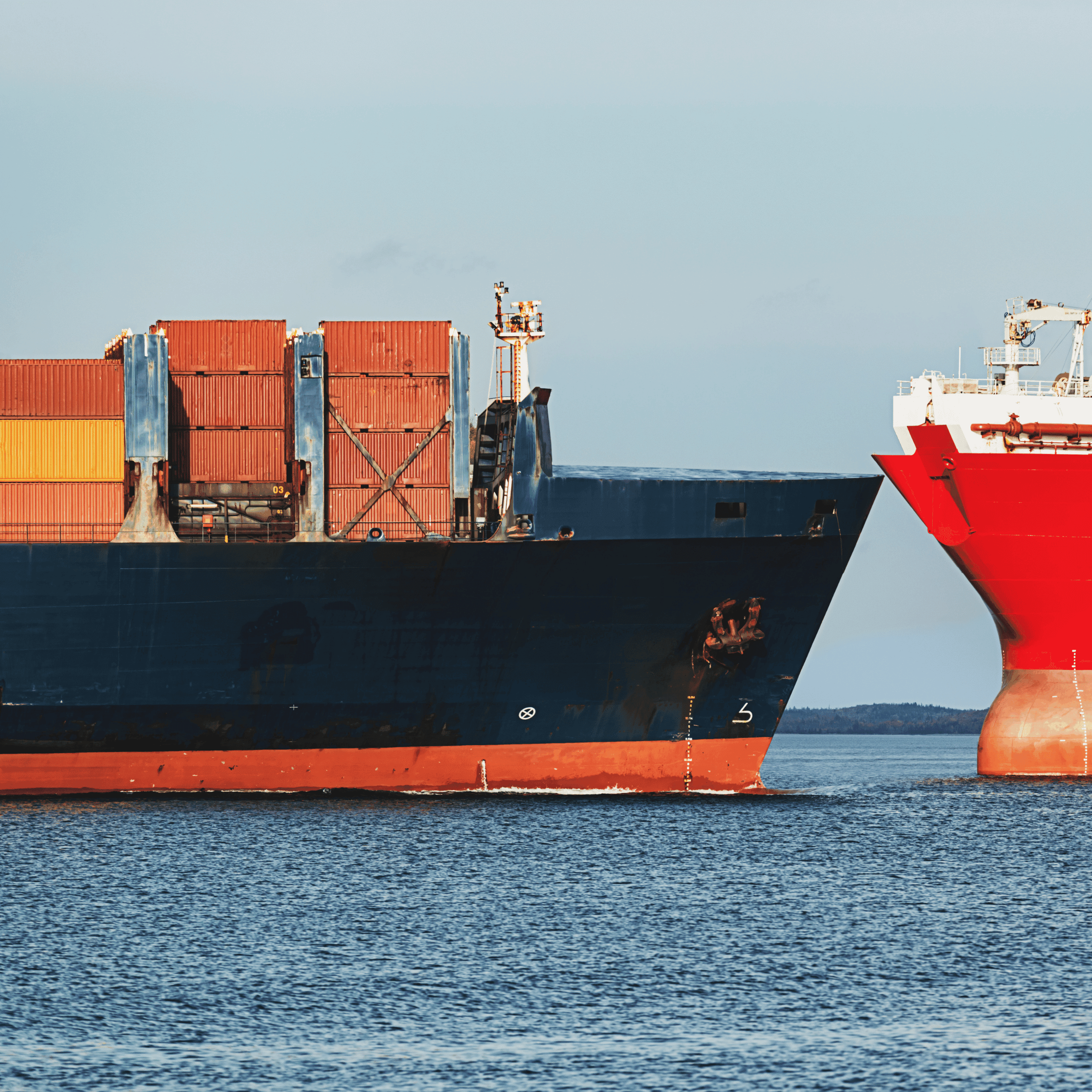For importers, exporters, and ecommerce businesses looking to streamline international logistics and reduce duties, bonded warehousing offers a strategic advantage. A bonded warehouse is a secure facility authorized by U.S. Customs and Border Protection (CBP) where imported goods can be stored without paying duties until they are released for domestic consumption—or re-exported.
In this guide, we’ll break down how bonded warehousing works, the customs regulations involved, and how it can unlock real cost savings for your business.
What Is a Bonded Warehouse?
A bonded warehouse is a customs-regulated storage facility where imported goods can be held for up to five years without the importer paying duties or taxes. These warehouses are operated by private companies but must be approved and licensed by CBP. Bonded warehouses are often used by companies that:
- Import goods in bulk and need time before they enter the U.S. market
- Repackage, relabel, or inspect goods before distribution
- Re-export goods to another country without ever releasing them into U.S. commerce
- Want to defer or avoid paying import duties
How Bonded Warehousing Works
Here’s a step-by-step overview of the bonded warehousing process:
1. Import Goods into the U.S.
Your goods arrive at a U.S. port of entry and are placed in customs custody. Instead of paying duties immediately, you file to store them in a bonded warehouse.
2. Move Goods to a Bonded Facility
The products are transported under bond—meaning they are tracked and secured by customs—directly to a bonded warehouse like Snapl’s facility in South Hadley, MA or Gloucester City, NJ.
3. Storage and Processing
Once inside the warehouse, your goods can be stored, repackaged, labeled, kitted, or inspected—so long as they aren’t sold domestically without clearance. These value-added services are especially useful for ecommerce brands managing international SKUs or needing fulfillment-ready inventory.
4. Customs Clearance and Duty Payment
When you decide to release goods into U.S. commerce, duties and tariffs are calculated and paid based on the declared value at that time. If the goods are re-exported, no duties are paid at all.
Bonded Warehouse Customs Compliance
Operating within a bonded warehouse comes with strict customs oversight. Here are key compliance requirements:
Customs Supervision
All bonded warehouses operate under the supervision of CBP. Regular inspections, inventory audits, and bonded records are required to maintain compliance.
Import Bond
Before using a bonded warehouse, the importer must secure a customs bond (usually a Type 3 Warehouse Bond) to guarantee duty payment should the goods enter U.S. commerce.
Accurate Recordkeeping
You must maintain accurate logs of every unit stored, moved, or exported. Snapl’s WMS (Warehouse Management System) ensures real-time tracking and full compliance documentation.
Five-Year Storage Limit
Goods may remain in a bonded warehouse for up to five years. If not exported or entered for consumption within that window, they may be seized or subject to penalties.
Benefits of Using a Bonded Warehouse
Bonded warehousing offers several strategic advantages for importers, exporters, and ecommerce brands:
Duty Deferral or Elimination
You don’t pay import duties until goods are sold in the U.S. If products are re-exported, you avoid duties altogether—freeing up working capital and improving cash flow.
Streamlined International Fulfillment
Bonded warehouses like Snapl can act as central distribution hubs. Store your inventory near major U.S. markets and fulfill orders domestically or internationally as needed.
Secure, Customs-Compliant Storage
Bonded warehouses are highly secure and must meet stringent federal standards. This ensures your inventory is protected, tracked, and compliant with customs regulations.
Flexible Inventory Management
With bonded storage, you can perform value-added services—like kitting, relabeling, and product customization—before goods officially enter the U.S. market.
Who Should Use Bonded Warehousing?
Bonded warehousing is ideal for:
- Ecommerce brands importing high-volume goods from overseas
- Retailers managing international inventory for seasonal or delayed launches
- Manufacturers who need to assemble or process imported components
- Exporters with multi-country distribution who want to avoid U.S. duties
- Distributors who import before finalizing domestic buyers
Snapl’s Bonded Warehouse Solutions
At Snapl, we operate CBP-approved bonded warehouse in Massachusetts. Our facility supports:
- Secure bonded storage for up to 5 years
- Repackaging, relabeling, kitting, and tagging
- Integration with your ecommerce platform for order fulfillment
- Full customs compliance, documentation, and reporting
- Strategic proximity to ports, rail hubs, and major Northeast markets
Whether you're looking to defer duties, fulfill orders closer to your customers, or streamline global logistics, Snapl helps you unlock the full potential of bonded warehousing.

Ready to Simplify Your International Logistics?
Contact Us





